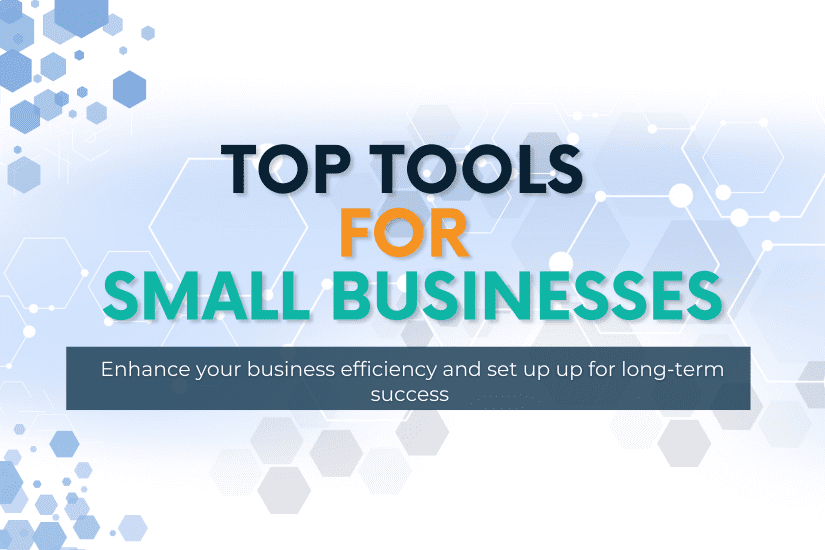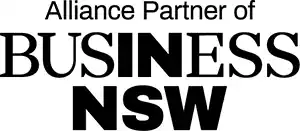Chamber News
Follow Us
Boosting Business Efficiency: Top Tools for Small Businesses

One of the key challenges of running a business is maintaining a competitive edge and achieving sustainable growth. From our experience at Maitland Business Chamber, some of the most successful businesses do this by prioritising efficiency. The ability to streamline operations, manage tasks effectively and maintain clear communication can be the difference between a thriving (and enjoyable) business and quite the opposite!
Why being an efficient business matters
Being efficient as a small business allows you to maximise your resources, ensuring that time, money and effort are used effectively. Second, efficient operations can improve customer satisfaction by enabling faster and more reliable service delivery. It can also help you adapt quickly to market changes, making you more agile and resilient.
Fortunately, there is a huge range of tools and software available to help you optimise your processes and enhance your efficiency as a small business. In this blog post, we’ll explore some of the top tools that can help your business go from strength to strength.
Project Management Tools
Project management tools help you organise tasks, set deadlines and ensure that projects stay on track. They can help teams collaborate effectively (even when working remotely) and provide a centralised platform for managing all project-related activities. Some popular project management tools include:
- Trello: Trello uses a card-based system to organise tasks and projects. It’s user-friendly and allows teams to visualise their work through boards, lists, and cards.
- Asana: Asana offers a more comprehensive project management solution with features like task dependencies, timelines, and workload management. It’s suitable for teams of all sizes and helps ensure everyone is aligned and on track.
- Monday.com: This platform provides customisable workflows and automations to streamline project management. It is highly flexible and can be tailored to fit the unique needs of different teams and projects.
Accounting Software
Efficient financial management is critical for the success of any small business. Accounting software can help you track expenses, manage invoices, and ensure tax compliance. Here are a couple of the most popular accounting tools you could consider.
- QuickBooks: QuickBooks offers a range of features, including invoicing, expense tracking, and payroll management. It’s ideal for small businesses looking for a comprehensive financial management solution.
- Xero: Xero is known for its user-friendly interface and robust accounting capabilities. It provides real-time financial data, making it easier to make informed decisions and stay on top of your finances.
Customer Relationship Management (CRM) Tools
CRM tools help businesses manage interactions with current and potential customers, streamline sales processes, and improve customer satisfaction. Some top CRM tools include:
- Salesforce: Salesforce is a leading CRM platform that offers a wide range of features, including contact management, sales forecasting, and customer support.
- HubSpot CRM: HubSpot CRM is a free, user-friendly tool that offers essential CRM features like contact management, deal tracking, and email integration. It’s an excellent choice for small businesses wanting to use a reliable CRM without a significant investment.
- ActiveCampaign: ActiveCampaign combines email marketing, automation, and CRM capabilities to help businesses create personalised customer experiences. It offers robust automation features, advanced segmentation, and integration with various third-party applications.
Choosing the right tools to boost your business efficiency
Picking the right tools for your business can be daunting – especially given the vast array of options available. Here are some tips to help you make the best choice:
- Start by assessing your business’s specific needs and pain points to narrow your options. What are the areas where you need the most improvement?
- Choose the tools that can grow with your business. As your business expands, you’ll need your tools to handle increased workloads and offer additional features.
- Ensure the tools integrate with your existing systems and other software. Seamless integration can save time and reduce the risk of errors.
- Research online reviews and ask for recommendations from other small business owners.
Investing in the right tools can significantly enhance your small business’s efficiency and overall performance. Take the time to assess your needs, explore your options, and choose tools that align with your business goals. With the right tools, your small business will be well-equipped to achieve long-term success and growth.
Not currently a Maitland Business Chamber member? Discover the benefits here.















